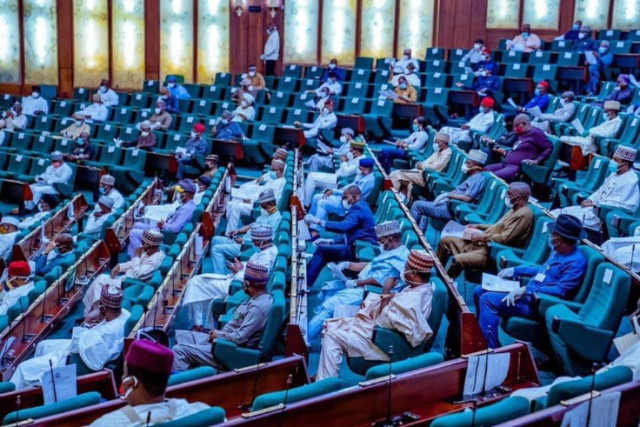The House of Representatives has mandated its Committee on Basic Education to probe the Generated Revenue of the West African Examinations Council (WAEC) from 2018 to 2023.
The lawmakers made the move yesterday following a resolution brought on the floor of the House during plenary by the member representing Isiuakwato/Umunneochi Federal Constituency of Abia State, Mr Amobi Ogah.
Ogah, while leading the debate, noted that WAEC is fully treasury-funded from the Federation Account.
Relying on Section 80 (4) of the Constitution of the Federal Republic of Nigeria, 1999 (as amended), Ogah argued that “no funds shall be withdrawn from the Consolidated Revenue Fund or any other public fund of the federation, except in the manner prescribed by the National Assembly,” adding that “All funds received as examination fees from candidates for registration are considered public funds.”
The lawmaker also observed that WAEC “obtained a credit facility of N5bn from First Bank Plc in 2022, though repaid the credit facility within the same year, but there was no full disclosure as to the purpose of the loan in its financial statement.”
He added that the National Assembly, by virtue of Section 89 (1)(c) of the 1999 Constitution, has the power to summon any person in Nigeria to give evidence at any place or produce any document or other thing in his possession or under his control.
According to him, the examination body, as of January 12, 2019, “has an investment of 2,974,510,000 units of shares worth N145,000,000 in Megatons W.A. Limited, a company that engages in the business of printing security and confidential documents.
“An additional investment of N32.25m was made in the same year, bringing the total value of the investment to N1.49bn as of 31 December, 2019.
“However, the company suddenly went into the liquidation process, and lots of provisions were made for impairment of the investment in line with Internal Financial Reporting Standards (IFRS 9)
“The House is aware that N4.90bn provisions for impairment were made on the total investment, and it represented 60 per cent of the total investment. This is a huge loss that calls for questions as to why a proper investment decision was not made ab initio.
“The House is aware that WAEC proposed expenditure for the year 2024 is N42.9bn whereas its IGR projection is N32bn.”
The lawmaker called on the House to properly scrutinise WAEC’s IGR, its past financial statements and debt collected from state governments “to avoid further wastage of public funds and contradict accountability and prudence stewardship.




















